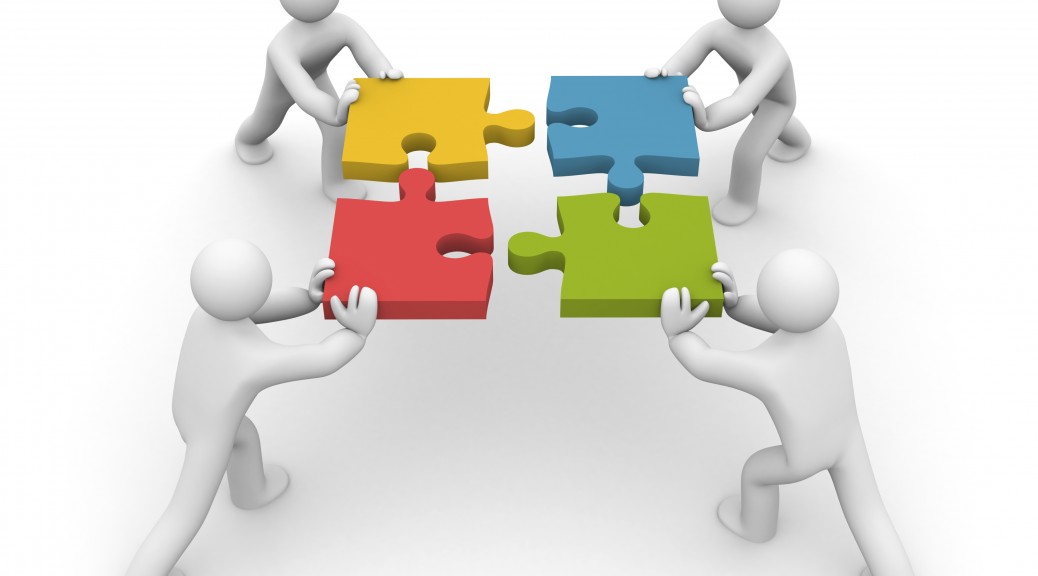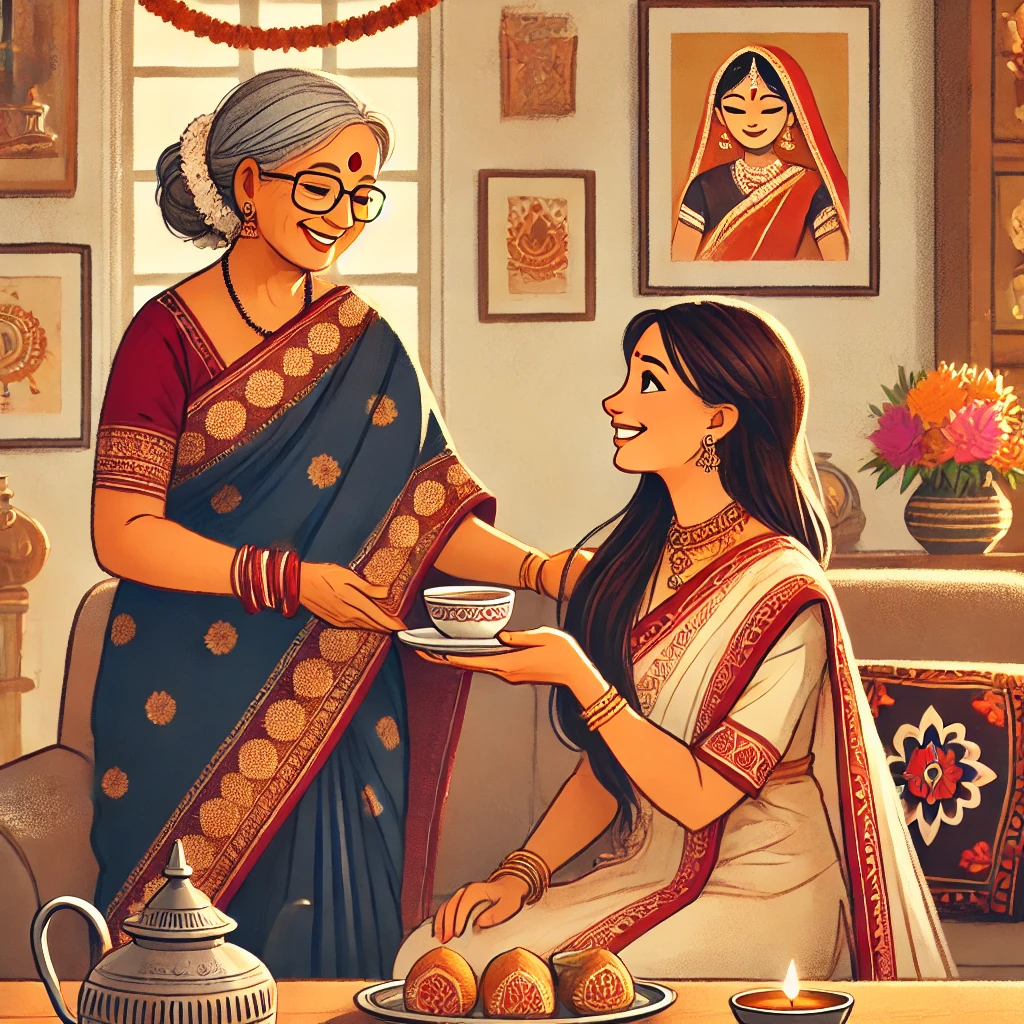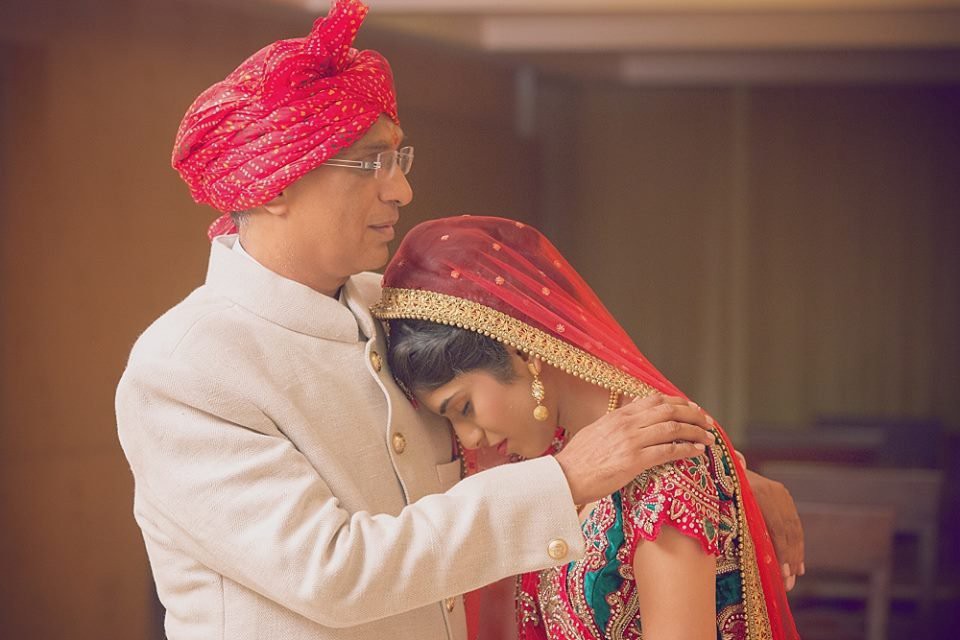
Complement each other
I am Akash, a 31-year-old surgeon, married to Anusha, 27 years old, an interior designer. We married before 5 years having known each other for a year before that. Differences have started to crop between us since the last 3 years and the golden moments of the first 2 years have been long forgotten. I am a workaholic as most doctors in my age have to be and this is beginning to annoy her. She wishes to have more time together for entertainment and socializing for which I do not have an inclination. She feels that I am very insensitive and I feel that she is very emotional. It seems that every day we are picking up faults with each other criticizing one or the other quality. On a reflection, I think those are the same qualities, which attracted us to each other but now have become a problem. I have tried to compromise on certain issues by giving in but that only creates an internal frustration, which comes out later. What should we do?
It seems Akash and Anusha, that you have forgotten that in marriage; the relationship is greater than both of you individually. You need to have a collective vision of your life together and for that you need to value the differences between the two of you. The things which used to be delightfully, pleasantly, excitingly different are now the cause of great distress. The admiration has changed to irritation. In a relationship, you not only have mutual vulnerability but also a sense of mutual accountability. You can be honest with each other, speak with more candor and have the courage to deal with the issues of your differences rather than escape or ignore them or avoid them by giving up or compromising. You might have become self-focused and wrapped up in yourself and you have to step out of that circle. You could start to listen to Anusha not about what she is saying but what is communicating between the lines. Listen to her frustrations and her grievances. Both of you have to reach a point where you are influencable, teachable, humble and vulnerable for the relationship. You have to create options and alternatives that neither had considered initially. It should be neither a compromise nor an adversarial solution where more than half the energy is spent in defending and fighting. You have to start to look at the differences and use them to advantage instead of quarreling. You might be diligent and precise in your methods, you can work out details, burrow in and stay put, no matter what; Anusha is always scanning the horizon, looking at new alternatives, new possibilities and it is easy for her to change things midway if she sees a better way. This can create a lot of challenges when it comes to making decisions together. Your commitment to each other may be very solid, but you are caught up in your own ways of thinking and it seems a lot of work to make decisions together. The first step is to try out separate areas of responsibility. You could do the long-term planning in one area and she could keep the daily update on it. You could reverse the roles in another area. You could take turns at each other’s role and your eyes would open to a whole new way of seeing things. Instead of approaching problems from opposite sides, you can see those things from the same side. When you are a little indulgent, she should be a little strong. Her toughness should encourage you to be a little softer. Your increased softness should cause her to be a little harder. Consistently applying this will create acceptability for both characteristics. Sometimes living with the differences and appreciating other people’s uniqueness is hard. We may want to mold people in our own image. We might get security from our opinions and to have a different opinion – particularly from someone as close as spouse threatens that security. You might want them to agree with you, to think the way you think and to go along with your ideas. However, without the differences, the option to have new opportunities and solutions is less. You have to learn to blend the best of both together in a way that creates something entirely new. It is the diversity between the two of you that can create a new combination. You can count on each other’s different perspectives to increase your judgment and help you to make a better decision. You can count on each other’s strengths to help compensate for your individual weaknesses. The most important factor is to have mutual respect for the other person. This would allow you to listen to the other person also. If the respect is not there, there is only contempt and this will make you prejudiced against your spouse. It also enables you to handle whatever challenges are thrown at you and protects you when mistakes are made. You have to rise above criticizing, complaining, comparing and competing. Get beyond the blaming and accusing. If not you will end up satisfying, not optimizing, cooperating and not creating; it will be a compromise and not togetherness. You have to realize that each problem asks for a response instead of triggering a reaction. At the present, your relationship is strained. Anusha’s frustration leads to your frustration and you find yourself reacting to her. Her emotionality elicits a reaction from you and you end up getting angry which causes her to act up even more. The next time it happens, remember that it was her emotionality that attracted you in the first place. If you kept up your negative critical approach, you are likely to snuff out what could become her greatest strength. The problem may be that she may not know how to deal with her emotions and what she needs is you to hang in there with her, to believe in her, to help her work it out. Remember that you are better together than alone primarily because you are different.



